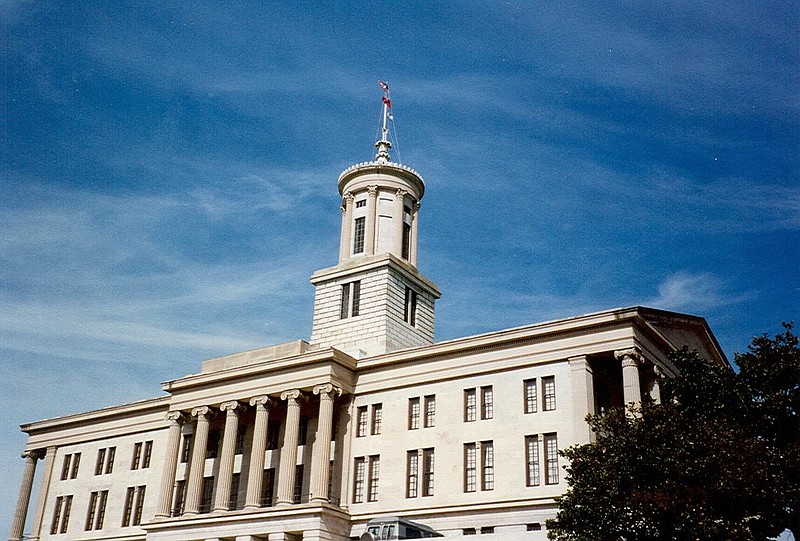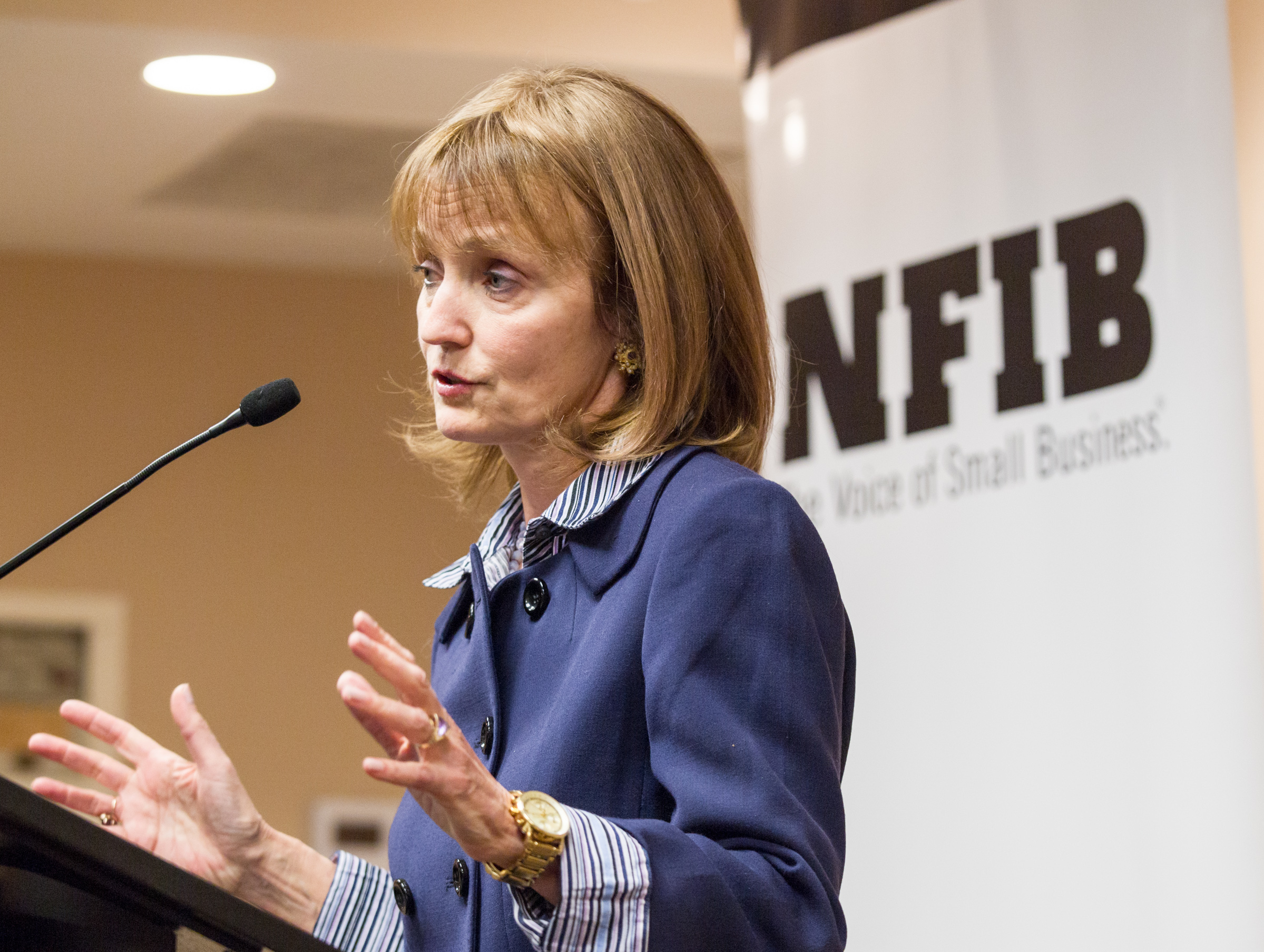NASHVILLE -- Nearly half of Tennessee's House Republican Caucus met "in a state of shock" Tuesday to discuss whether to hold a special legislative session in response to last week's U.S. Supreme Court decision legalizing same-sex marriage.
They discussed topics such as what, if anything, state lawmakers can or should do in areas like protecting clergy who refuse to perform same-sex ceremonies because it would violate their religious beliefs.
At least 33 of the most conservative members of the 73-member GOP Caucus packed into a conference room in Republican House Speaker Beth Harwell's office for more than an hour.
They fretted about the ramifications of the landmark 5-4 ruling in a case involving Tennessee, Kentucky, Michigan and Ohio. While Tennessee's gay community is celebrating, many religious and socially conservative lawmakers are upset, angry or both.
They discussed whether lawmakers should call a special session to consider proposed laws on pastor protection and same-sex married couples' ability to adopt, as well as firing up a states-led movement to amend the U.S. Constitution and gut the ruling.
In the end there was no consensus on the special session. A good part of the meeting turned into an education session on what laws Tennessee has on the books. Rep. Susan Lynn, R-Mount Juliet, was tasked by Harwell to lead the discussion.
Among those speaking was David Fowler, president of the religious conservative Family Action Council of Tennessee. As a Republican state senator from Signal Mountain, Fowler, an attorney, led the effort to put on the ballot and pass an amendment to the Tennessee Constitution banning same-sex marriages.
Fowler, who vehemently disagrees with the Supreme Court ruling, cautioned lawmakers on a special session.
"If you decide to have a special session on this," he warned, "it will be a war unlike any you have seen since perhaps the income tax fight."
Fowler said the Tennessee Constitution and various state laws provide some "defense." For example, Fowler noted there are already provisions in the Tennessee Constitution and state laws providing some shielding to clergy who do not want to perform same-sex marriages.
For example, he said, the state Constitution's Article I, Section 3, has a "conscience" provision that provides in part "that no human authority can, in any case whatever, control or interfere with the rights of conscience."
The state's 2011 Religious Freedom Restoration Act also may provide some protections, according to Fowler and Lynn. Tennessee also has no laws protecting sexual orientation and gender identification, so-called SOGI laws. A law passed several years ago bars local governments from enacting such ordinances.
Still, Fowler cautioned, while there is a "defense" for pastors, "whether they will win or not, I don't know."
More than a thousand state and local officials are authorized to perform marriage ceremonies, and Tennessee Attorney General Herbert Slatery said Friday that any public official who does so must not discriminate between male-female and same-sex couples. But officials authorized to conduct ceremonies may do so at their discretion.
"There's no obligation under state law to solemnize a state marriage," Slatery told reporters last week. "Our statute says an official 'may' solemnize the rite of marriage.' It depends on whether they do them routinely."
If they restrict those ceremonies to family members or close friends, there should be no problem, Slatery said.
During the meeting, Rep. Jay Reedy, R-Erin, asked about 10th Amendment issues, alluding to provisions in the U.S. Constitution setting aside rights to states. While he didn't elaborate, some lawmakers have talked about mounting a states-led initiative to amend the U.S. Constitution to overturn the Supreme Court's ruling.
Rep. John Ragan, R-Oak Ridge, wanted to address the issue of a special session immediately, but it was put off until Lynn begins sorting through what was discussed and tries to develop consensus.
Caucus members were given a survey asking what options they think are proper. Then, leaders will "juxtapose that with what legal minds are thinking and see if there is a course of action," House Republican Caucus Chairman Glen Casada of Franklin said.
Asked if Tennessee lawmakers would seek a constitutional convention, Casada said: "It's a little early. We want to be deliberative. We want to be within the bounds of the law. And we want to be right. That could be an option. We're still in that thinking process. We're not even there yet."
Casada said Lynn will take suggestions and try to mold a response and then Republicans will look at whether a special session is necessary or whether these issues can wait until January, when the regular legislative session begins.
"We're in a pretty good position to protect those of faith not to conduct things against their conscience," Casada said after Tuesday's meeting. "But I'm anxious to see what members think."
Lynn suggested the state could simply get out of the marriage registration business and just record marriages.
Marriage, she said, "was a construct of the church. The only reason governments started registering marriages was so they had a record."
Contact Andy Sher at asher@timesfreepress.com or 615-255-0550.

